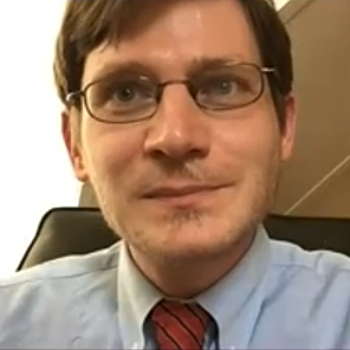 THREE CHOIRS FESTIVAL: Roderic Dunnett previews the 2024 edition of the UK's oldest music festival, 27 July until 4 August.
THREE CHOIRS FESTIVAL: Roderic Dunnett previews the 2024 edition of the UK's oldest music festival, 27 July until 4 August.
 DISCUSSION: Defining Our Field - what is 'classical music' to us, why are we involved and what can we learn from our differences? Read John Dante Prevedini's essay, watch the panel discussion and make your own comments.
DISCUSSION: Defining Our Field - what is 'classical music' to us, why are we involved and what can we learn from our differences? Read John Dante Prevedini's essay, watch the panel discussion and make your own comments.
 ASK ALICE: Weekly, from 2003 until 2016/17, Alice McVeigh took on the role of classical music's agony aunt to answer questions on a surprising variety of subjects.
ASK ALICE: Weekly, from 2003 until 2016/17, Alice McVeigh took on the role of classical music's agony aunt to answer questions on a surprising variety of subjects.
László Lajtha
Hungarian composer, ethnomusicologist and conductor László Lajtha was born on 30 June 1892. He studied in Budapest with Viktor Herzfeld and then in Leipzig, Geneva and Paris (with Vincent d'Indy).
He collaborated with Bartók and Kodály before World War I to study and transcribe Hungarian folk song, and ran a project to produce a series of recordings.
After active service in the war, he taught at Budapest National Conservatory, and was a member of the International Commission of Popular Arts and Traditions of the League of Nations, and of the London-based International Folk Music Council.
After World War II he became Director of Music at Hungarian Radio, director of the Museum of Ethnography and of the Budapest National Conservatory, but after a year in London, composing film music, his passport was confiscated and he was removed from all three posts. He got into trouble again for supporting the 1956 uprising, resulting in a ban on international travel and suppression of his music. This was largely responsible for his music not being at all well-known in the West until later, even though he had won the Coolidge Prize in 1929 for this third String Quartet, had many friends in Paris and was a member of the French Académie des Beaux-Arts.
In 1951 he received the Kossuth Prize for his folk music research.
László Lajtha died on 16 February 1963, aged seventy, leaving nine symphonies, ten string quartets, three ballets and the 1950 operetta The Blue Hat. He also wrote film music, church music, and many orchestral, chamber and solo instrumental works.
A selection of articles about László Lajtha
CD Spotlight. A Powerful Experience - Symphonies by László Lajtha, welcolmed by Geoff Pearce. '... the performance and recording are truly first rate.'
CD Spotlight. Powerful Music - Symphonies by László Lajtha, recommended by Geoff Pearce. 'The fine Pécs Symphony Orchestra responds well to the direction of Nicolás Pasquet.'

